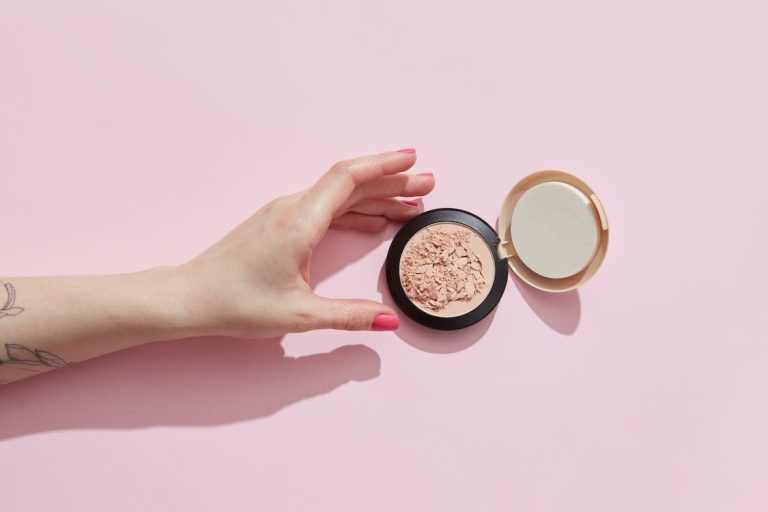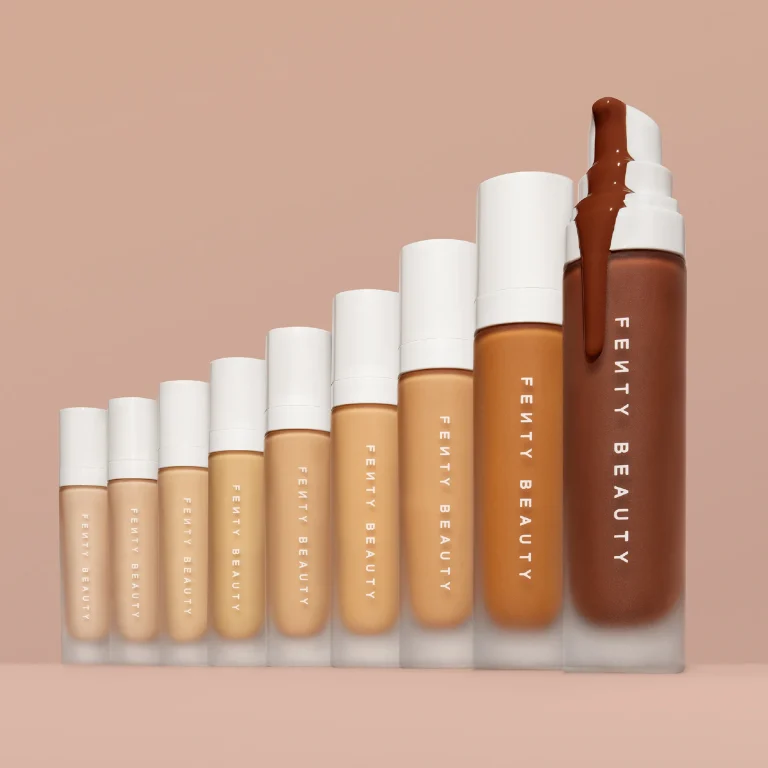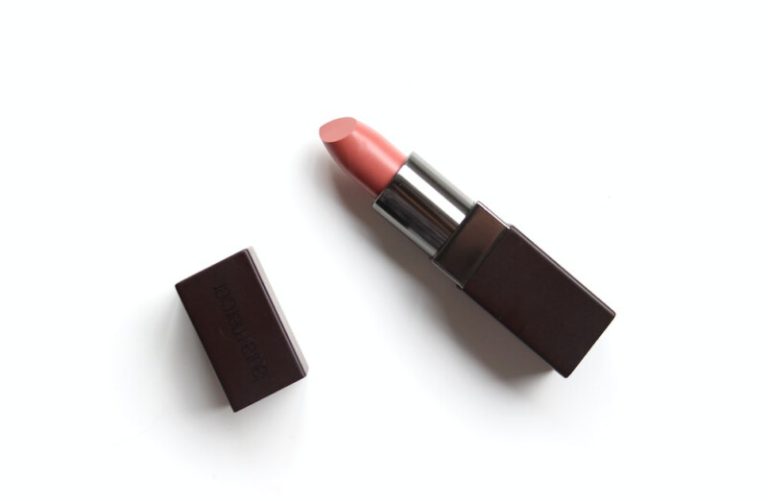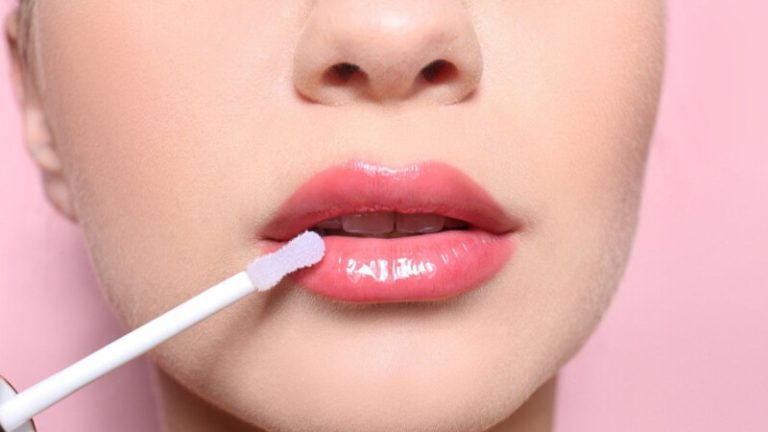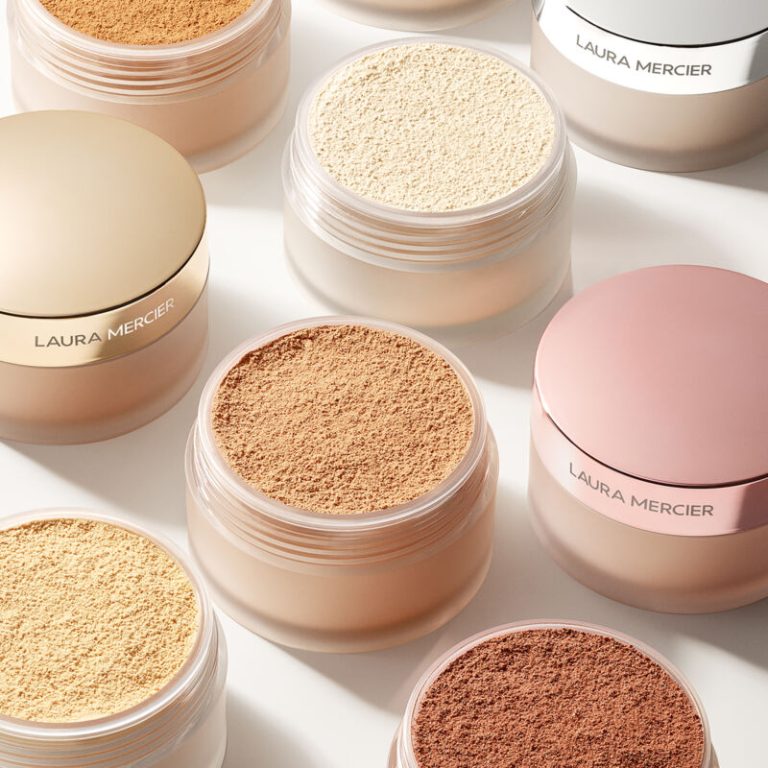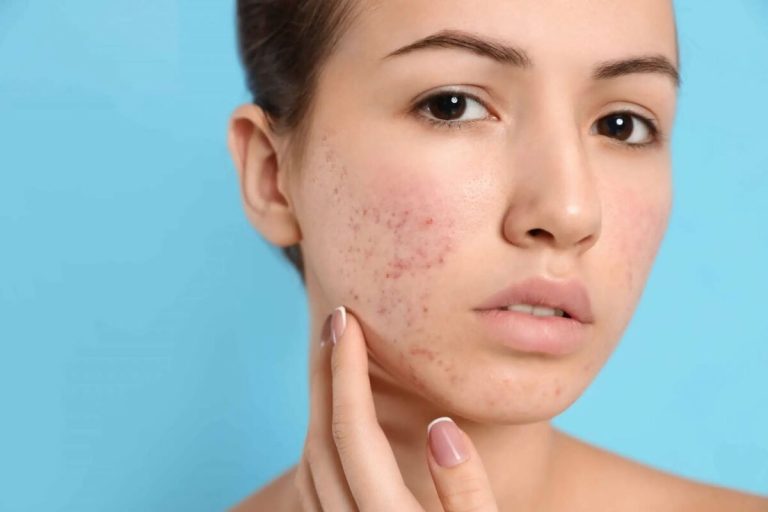Does Retinol Expire? How Long Does It Last?
Retinol has become one of the most popular ingredients in skincare. As someone who uses retinol products regularly, I often find myself wondering – does retinol expire? Knowing the expiration date and proper storage of these products is crucial. In this article, I’ll share everything you need to know about retinol expiration.
What is Retinol?
Contents
- What is Retinol?
- Does Retinol Ever Expire?
- How to Determine if Your Retinol Has Expired
- How Long Does Retinol Last?
- Dangers of Using Expired Retinol
- How to Tell if Your Retinol is Expired
- Is it Ok to Use Retinol Past its Expiration Date?
- How to Store Retinol to Prevent Early Expiration
- How to Use Retinol Correctly
- Frequently Asked Questions
- The Takeaway on Retinol and Expiration Dates
First, let’s start with the basics – what is retinol?
Retinol is a form of vitamin A that is frequently used in anti-aging skincare products. It is part of a class of compounds called retinoids.
Some key facts about retinol:
- It can improve skin texture and reduce the appearance of fine lines and wrinkles.
- Retinol helps even out skin tone and fade dark spots.
- It increases collagen production to plump the skin.
- Retinol products are available in various forms like creams, serums, oils, and more.
- Many over-the-counter retinol products are formulated for aging skin.
With regular use, retinol can have transformative effects on the skin. But like any skincare product, it’s important to know if and when it expires.
Does Retinol Ever Expire?
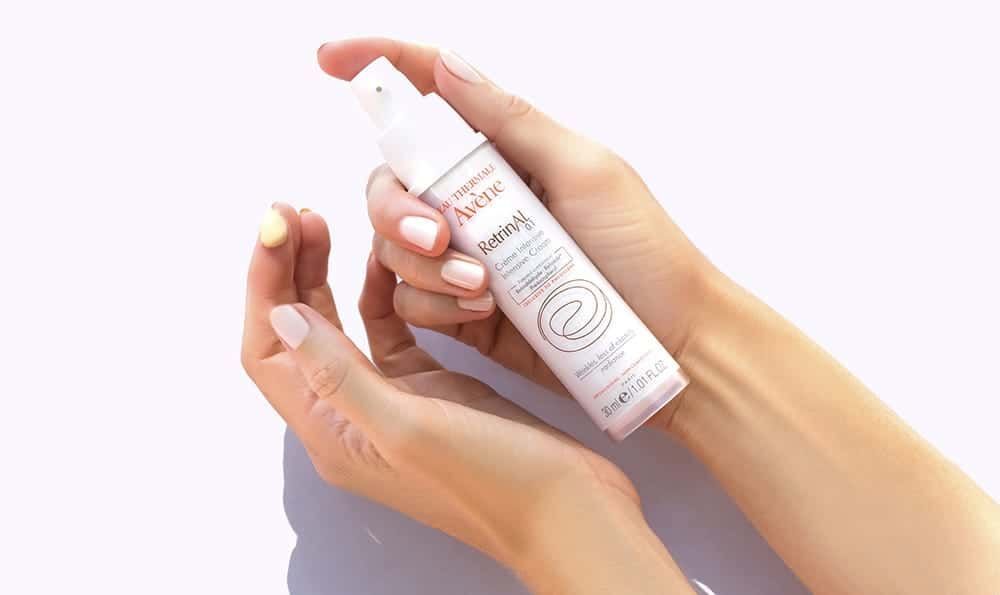
The short answer is – yes, retinol does expire!
Like any beauty product, retinol has a shelf life. The expiration timeframe can range anywhere from 6 months to 2 years, depending on the formulation.
Because retinol is not very stable, its potency fades over time with exposure to air, light, and heat.
Using expired retinol carries certain risks:
- The product may not be as effective at improving fine lines and skin texture.
- It can cause irritation, peeling, dryness, and other side effects.
So clearly, it’s important to pay attention to expiration with retinol products. But how do you know when it’s time to toss an old tube or bottle?
How to Determine if Your Retinol Has Expired
Here are some tips on identifying expired retinol products:
1. Check the PAO symbol
Many cosmetics have a “period after opening” or PAO symbol on their packaging. This is represented by an open jar with a number and “M” next to it.
For example, a “12M” would mean the product is optimally effective for 12 months after opening.
Follow the PAO guidelines for your retinol. Once opened, these products start degrading.
2. Look for the expiration date
Retinol products should be labelled with an expiration date or “EXP” followed by a date.
Make note of where it’s located – on the tube, box, or folded pamphlet inside.
Don’t use the product beyond this date.
3. Decode the batch code
There is also typically a batch code on the packaging, which helps identify when the product was manufactured.
You can use online batch code decoders or contact the manufacturer to find out the expiration date based on the batch code.
How Long Does Retinol Last?
The shelf life of retinol depends on the specific product. Here are some general guidelines on retinol expiration:
- Retinol creams or serums should be used within 6-12 months of opening.
- If unopened, the expiration timeline is around 1-2 years from the manufacturing date.
- Proper storage (cool, dry place away from sunlight) helps extend shelf life.
- Retinol in opaque, air-tight packaging tends to remain stable longer.
So check your product’s PAO symbol and expiration date, and make sure to store it correctly to optimize its shelf life.
Dangers of Using Expired Retinol
Wondering what happens if you use retinol past its prime?
As the product expires, the retinol starts degrading and loses efficacy. Using degraded retinol can lead to:
- Skin irritation – redness, dryness, flaking, peeling, etc.
- Inflammation and sensitivity
- Potential breakouts and clogged pores
Not only will expired retinol be less effective, it may also compromise your skin’s health and trigger side effects.
On top of that, expired products tend to harbor more bacteria over time. Using such contaminated products can lead to infections.
So it’s really important to respect your retinol’s expiration date and not take any chances with degraded ingredients.
How to Tell if Your Retinol is Expired
Wondering if your trusty retinol cream has gone bad? Here are some signs to watch out for:
- Change in color – the product may oxidize and turn brown or orange
- Change in smell – rancid or chemical odor is a red flag
- Change in texture – clumping, separation, or unusual thin or thick consistency
- The product doesn’t seem to be working as effectively at improving your skin
- You experience increased irritation or unusual breakouts after applying it
If you notice any of these changes, it’s time to say goodbye to your retinol.
Don’t take chances with expired products. Instead, properly dispose of them to avoid contamination.
Is it Ok to Use Retinol Past its Expiration Date?
I do not recommend using expired retinol products.
The degraded retinol will not deliver the same results. Its potency decreases over time.
Using old degraded products can provoke skin irritation, peeling, breakouts and potentially infections.
It’s simply not worth the risk just to try to stretch out a product. Retinol is sensitive and expires faster than other actives.
For the best results, I advise using retinol products before their expiration and replacing them when needed. Don’t compromise your skin’s health and safety.
How to Store Retinol to Prevent Early Expiration
To help your retinol remain fresh and effective for as long as possible:
- Store it in a cool, dry place away from direct light and heat. Heat and sunlight degrade retinol.
- Keep it in its original packaging for added protection.
- Avoid exposing it to air – so don’t leave the cap off.
- Once opened, be mindful of the PAO guidelines.
- Don’t store retinol products in humid environments like the bathroom.
- Refrigeration can extend shelf life of unopened retinol.
Following proper storage recommendations helps maintain the stability and effectiveness of your retinol products.
How to Use Retinol Correctly
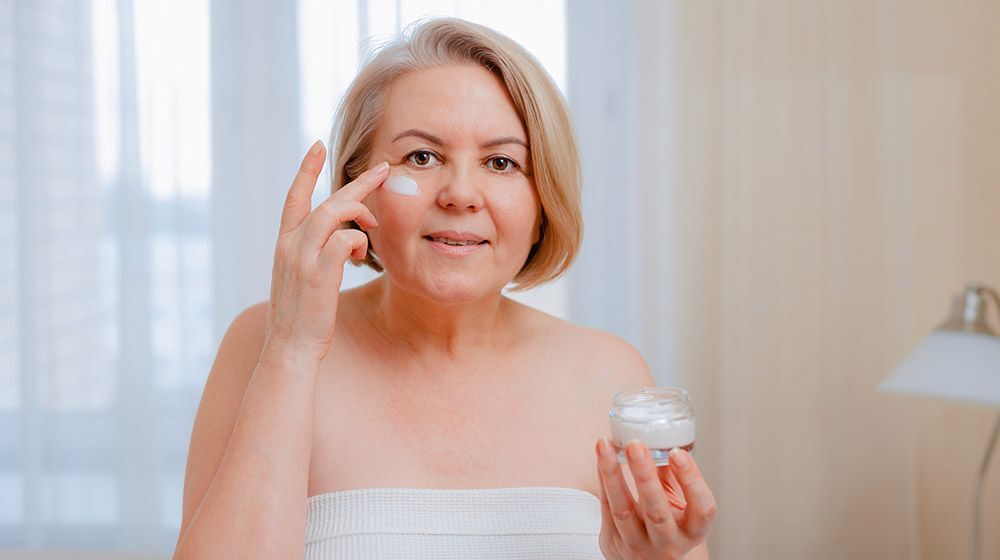
To safely incorporate retinol into your skincare routine:
- Cleanse skin and wait 30 minutes before applying retinol.
- Use a pea-sized amount of retinol product.
- Apply a moisturizer on top to buffer irritation.
- Use only 2-3 times a week to start, then slowly increase frequency.
- Always apply SPF in the mornings.
- Adjust usage based on your skin’s tolerance.
- Avoid using harsh products like toners or scrubs alongside retinol.
Be patient and build up your use of retinol gradually for best results with minimal irritation. And of course, discard expired products!
Frequently Asked Questions
Q: How long does retinol last?
A: Around 6-12 months after opening. Unopened, around 1-2 years. Follow PAO guidelines.
Q: Can I use expired retinol?
A: No, use only fresh non-expired retinol for best and safest results.
Q: Does retinol stop working after some time?
A: Yes, potency and effectiveness decreases as retinol degrades.
Q: How do I know if my retinol cream is expired?
A: Signs include color changes, smell, texture, reduced efficacy, irritation.
The Takeaway on Retinol and Expiration Dates
Does retinol expire? Yes, it does! Like any skincare product, retinol has a limited shelf life.
Pay close attention to expiration or PAO labels. Store retinol properly to help extend its stability.
Look out for signs of expiration like changes in color, smell, and texture. Degraded retinol can provoke irritation and breakouts.
For safest and most effective use, only apply fresh non-expired retinol products. Replace them regularly, about every 6-12 months.
Knowing when your retinol expires allows you to use this anti-aging powerhouse ingredient safely and confidently!

Founded by Sophia Rodriguez, IGXO Cosmetics is a PETA-certified, cruelty-free, and vegan makeup brand.
